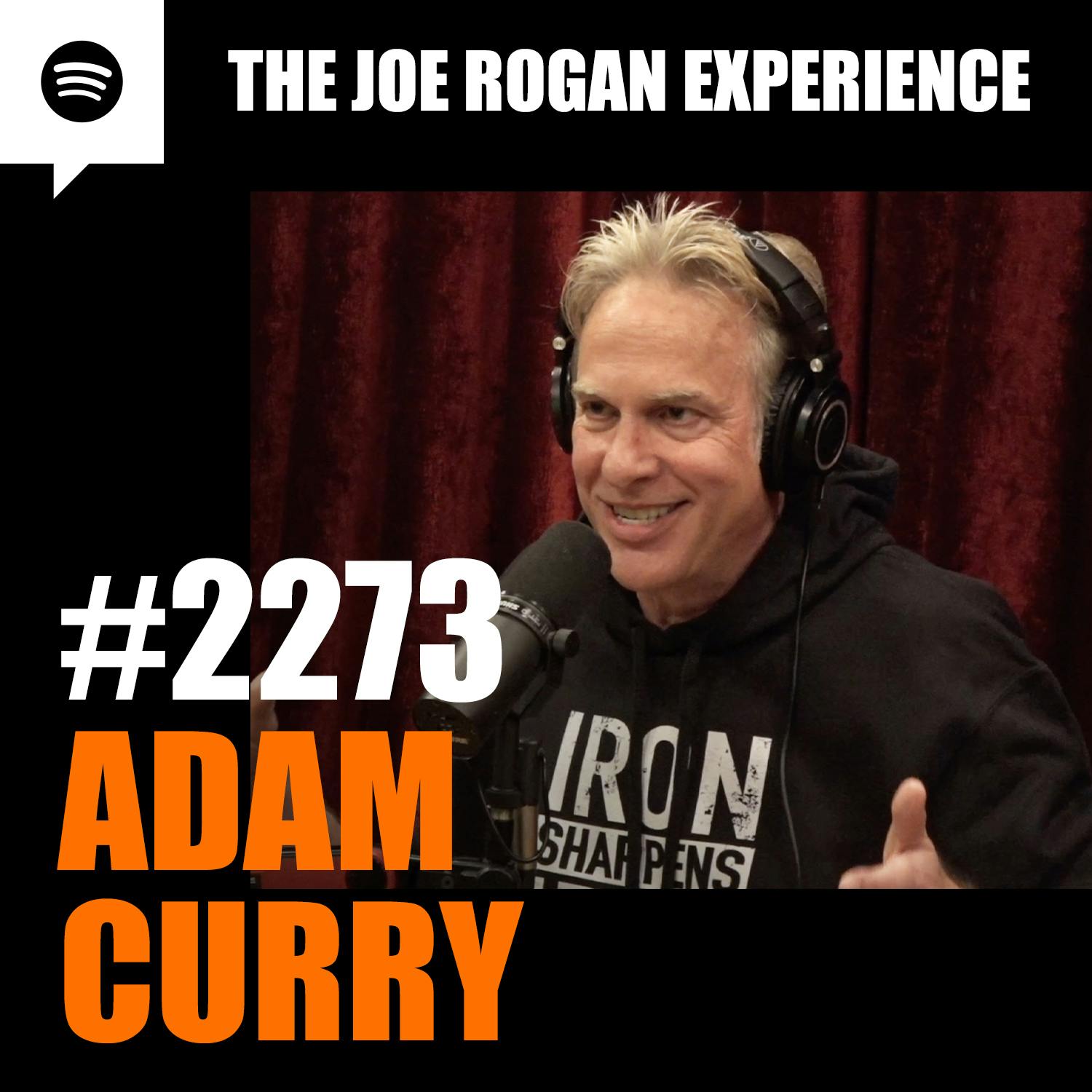
November 27, 2024 • 3hr 6min
#2235 - Mike Rowe
The Joe Rogan Experience

Key Takeaways
- Mike Rowe's career path included unique experiences like singing opera, hosting QVC, and creating Dirty Jobs - demonstrating how "way leads onto way" in finding one's path
- The shift from "age of authority" to "age of authenticity" in media and television, with audiences increasingly valuing genuine, unscripted content over polished production
- Discussion of skilled trades and Mike's mikeroweWORKS Foundation which provides scholarships for trade education as an alternative to traditional 4-year degrees
- The importance of embracing discomfort and challenges for personal growth, whether through physical activities like cold plunges or taking on difficult work
- Historical discussions ranging from whaling industry practices to Native American monuments, highlighting how understanding history provides important context for modern issues
Introduction
Mike Rowe, creator and host of "Dirty Jobs" and CEO of the mikeroweWORKS Foundation, joins Joe Rogan for a wide-ranging conversation covering his unique career path, perspectives on media authenticity, the importance of skilled trades, and various historical topics. The discussion provides insights into how Rowe developed his approach to storytelling and advocacy for blue-collar work.
Topics Discussed
Early Career and Path to Television (15:20)
- Mike crashed an opera audition with minimal training, memorizing an aria phonetically just to get into the performers' union
- Spent 8 years in opera despite initially planning to use it just as a stepping stone
- Became one of the first hosts on QVC, selling products in the middle of the night
- "You don't have to be outrageous to stand out. You just have to be relatively outrageous," Rowe says about his QVC hosting style
Origins of Dirty Jobs (1:11:45)
- Show concept emerged from filming in San Francisco sewers for a local TV segment
- Initial episode was considered inappropriate for evening magazine format but generated unprecedented viewer feedback
- Developed approach of being an apprentice rather than traditional host
- "What if the expert is a septic tank technician or a welder? What if they become your source of credible information?" Rowe explains about the show's premise
Evolution of Media and Authenticity (1:38:40)
- Shift from "age of authority" to "age of authenticity" in media
- Discussion of how production values can sometimes work against authenticity
- Importance of showing "behind the scenes" moments and genuine reactions
- How social media and podcasting have changed audience expectations for content
mikeroweWORKS Foundation and Skilled Trades (2:09:10)
- Foundation provides scholarships for people pursuing trade education
- Addresses $1.7 trillion student loan debt crisis and shortage of skilled workers
- Discusses how vocational education became stigmatized
- Shares success stories of scholarship recipients who built successful businesses
Historical Discussions (2:32:40)
- Detailed discussion of whaling industry history and the Essex shipwreck that inspired Moby D**k
- Exploration of buffalo population changes in North America
- Visit to Crazy Horse Memorial and comparison with Mount Rushmore
- How historical context helps understand modern environmental and cultural issues
Physical Challenges and Personal Growth (2:24:30)
- Discussion of cold plunges and voluntary discomfort
- Importance of challenging oneself physically and mentally
- How modern conveniences may be making people less resilient
- "The discomfort exercise is a real thing," regarding benefits of voluntary challenges
Conclusion
The conversation between Joe Rogan and Mike Rowe covered extensive ground, from personal career experiences to broader societal issues. Their discussion highlighted the importance of authenticity in media, the value of skilled trades, and how understanding history provides crucial context for modern challenges. Rowe's unique perspective as someone who has worked across various industries and now advocates for trade education offers valuable insights into work, media, and personal growth.









